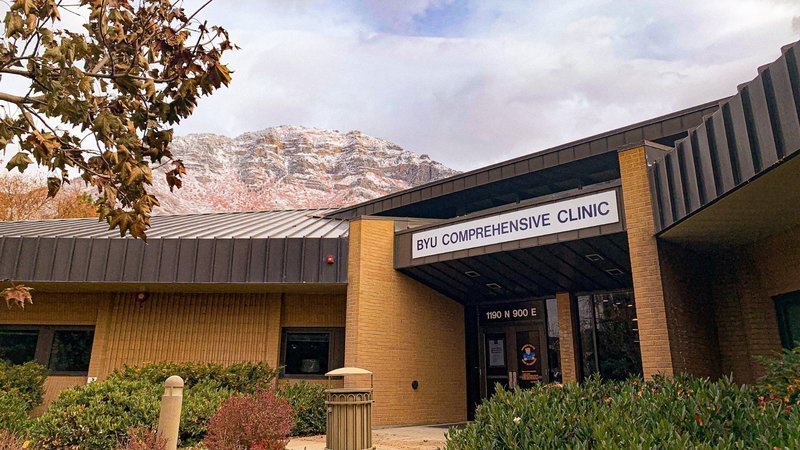Subject: Unethical Termination of Services to Transgender Clients at BYU Speech and Language Clinic
Greetings Ms. Meyer, Dr. Dromey and Dr. Osguthorpe,
We are writing to express our concerns over the violation of ASHA’s code of ethics at your clinic, specifically as it relates to your sudden termination of services for transgender individuals.
BYU’s decision to terminate services for transgender individuals is discriminatory since services were provided to these individuals until the Board of Trustees was made aware that the clients were transgender. The General Handbook of the Church of Jesus Christ of Latter-Day Saints, 38.6.23, was used as the basis for the sudden termination of services: “Church leaders counsel against elective medical or surgical intervention for the purpose of attempting to transition to the opposite gender of a person’s biological sex at birth.” However, for individuals seeking voice and communication therapy, such services are not elective. The purpose of gender affirming voice therapy is to support clients in communicating in a safe, healthy, and authentic manner (World Professional Association for Transgender Health, 2011). For many individuals seeking this service, achieving vocal congruence can decrease dysphoria, improve mental health outcomes, enhance quality of life and increase both safety and access. Furthermore, voice services at BYU targeting the same goals (resonance, pitch, volume) are provided to cisgender clients without hesitation.
Transgender people are a vulnerable population, already facing many barriers to adequate medical care. The care provided at the BYU clinic was likely a lifeline for many, as well as an invaluable learning experience for future clinicians provided by your university. For transgender people, seeing a new healthcare provider can be scary, and even traumatic. Half of all transgender people report having to educate their own providers about how to care for them as individuals (National Transgender Discrimination Survey, 2017). While these clients of BYU’s clinic may have been transferred to someone else’s care, the indignity suffered when a space will no longer serve you adds to the compounding trauma that transgender people already carry.
The decision to terminate voice services for transgender individuals negatively impacts graduate students. A survey of 386 graduate students and speech-language pathologists found that while about 80% agreed that transgender voicework is within their scope of practice and an ethical responsibility, only 20% reported receiving training in the area and 8% reported having worked with transgender individuals (Matthews et al, 2020). These findings highlight the lack of trained providers who can support transgender individuals.
By blatantly refusing services to transgender individuals, BYU is contributing to this knowledge-gap, thereby further harming an underserved population. The Communication Disorders program has expert faculty and students willing to help transgender individuals; BYU, however, does not wish to participate in this practice that is vital both to the students providing the services and the people receiving them.
Dr. Dromey, thank you for creating a space in which these services were accessible and delivered in a culturally responsive manner. We appreciate your continued advocacy for members of the transgender community, your professionalism and your allyship. Your efforts to retain this program, in spite of administrative pushback, are admirable. It is our sincere hope that you will be able to open your doors again to transgender clients.
Dr. Osguthorpe, BYU’s slogan, “enter to learn, go forth and serve” applies to this situation directly. Your students deserve the highest quality of education from your University. BYU is known for its academic rigor. How will the students at your university best serve diverse populations without direct training? Service to community and those in need are at the core of Mormon values.
Please reflect on the following questions:
Who is protected when transgender people are excluded?
Who is harmed when transgender people are included?
We strongly urge ASHA to support Dr. Dromey and advocate for his clinic to continue providing what far too few graduate clinics have been able to provide.
We call on our fellow Speech/Language Pathologists to amplify and co-sign this letter, and allow Dr. Dromey reopen his clinic’s doors to all who seek services.
With Hope and Gratitude,
RJ Risueno (he/him) MS CCC/SLP
AC Goldberg (he/him) PhD CCC/SLP

